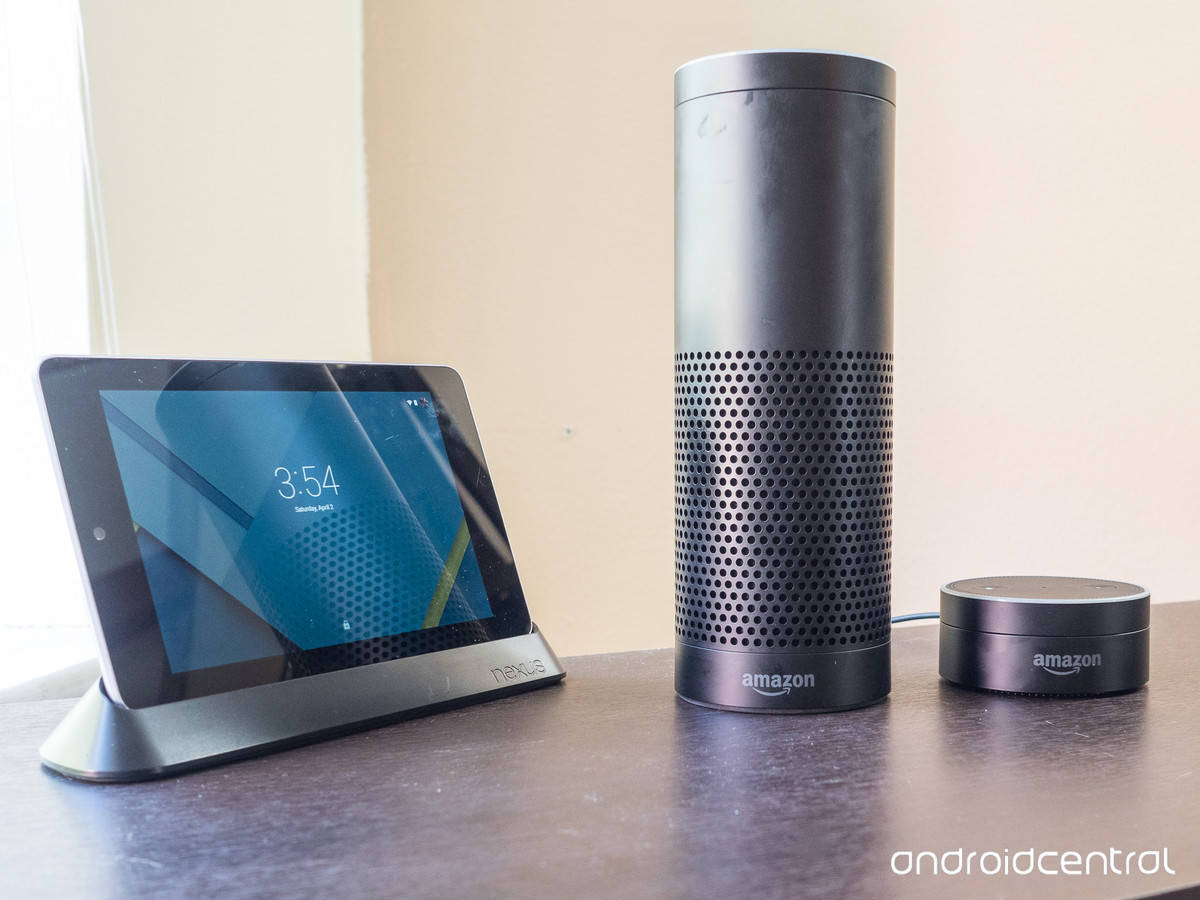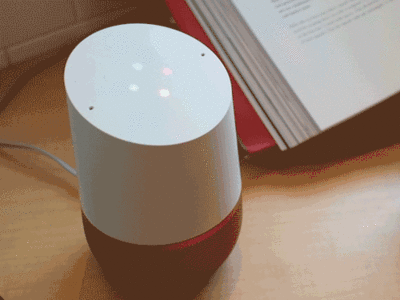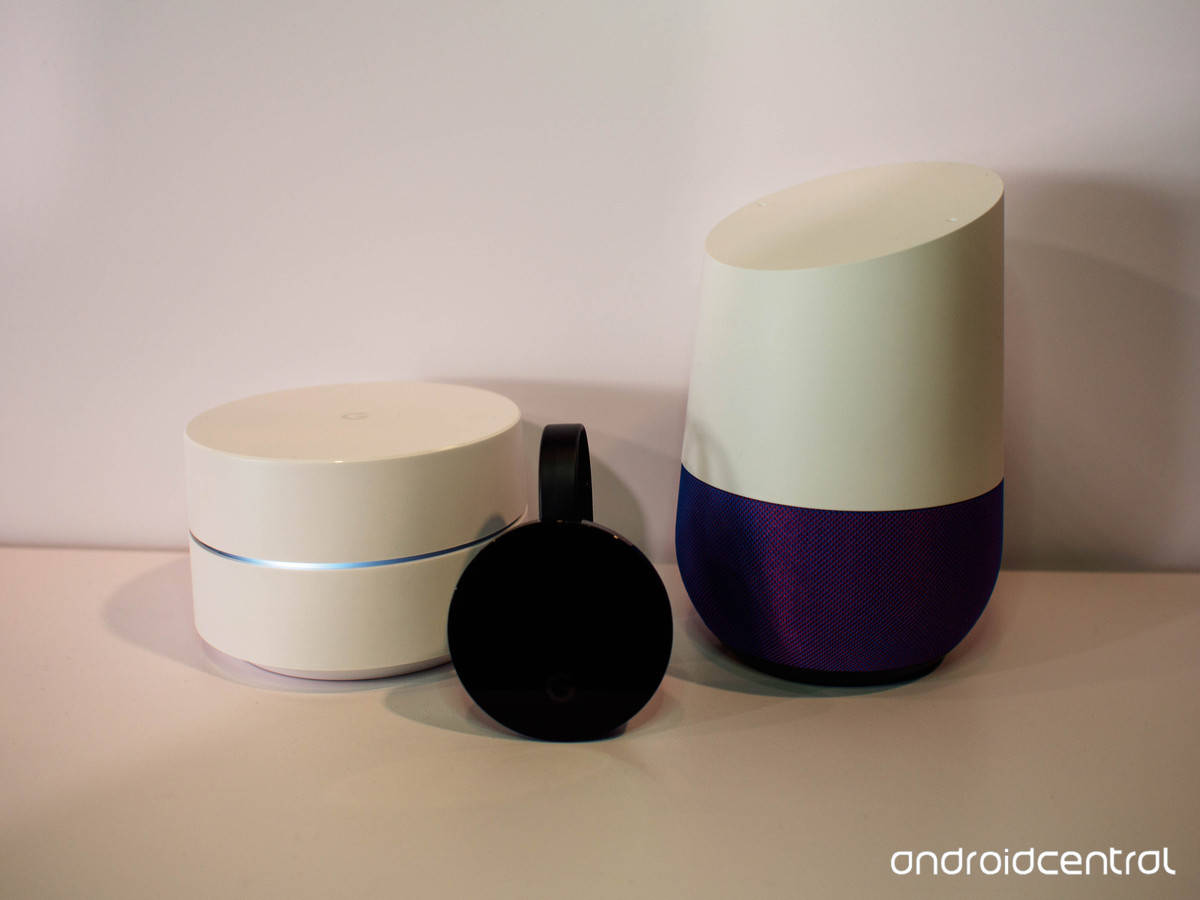Which talking speaker do you want controlling your home?
For over a year now, a lot of people have wanted Google to launch a product that competed directly with Amazon’s Echo speaker. Something that you could call out to from across the room that connected to all of your Google services and gave commands to your other connected home accessories on your behalf. We finally got Google’s answer to Echo, and it’s called Home. Instead of being a feature for feature competitor with Amazon Echo, Google Home focuses on delivering Google Assistant in a convenient package. It seems like a smart product with some serious growth potential, but Amazon’s two year lead means it has a lot of data Google doesn’t have about how these connected speakers get used.
Setting aside whether you’d prefer to call out for Google or Alexa when you want something done in the house, the battle for control of your connected tech is on. Which of these chatty cylinders is going to do what you want?
Speak softly, and carry lots of cool tricks
The most important part of Amazon Echo and Google Home is what happens when you speak at one of these systems. Both are designed with high quality microphone arrays to hear you from a distance and respond when you call their hotword, but what happens next is more interesting.
Amazon has been working for almost two years to constantly add features to Echo. Some of these updates are new music and radio sources and new ways to gather answers to search questions, but a significant amount of those updates add services from partner apps and platforms. You can add items to a To-Do list with your voice, adjust your thermostat, control lights in your home, and get a quick unit conversion from cups to ounces if you need it. There’s more here already than any one person will ever fully use, but the full list of available features is long and robust.
It’s clear Amazon Echo is better positioned to offer something for everyone and Google Home is better positioned to be more in tune with your wants and needs over time.
Google is operating at a disadvantage at launch, with not nearly as many software and platform partners out of the box. Of course, Google makes up for this by tying the best of their own services into the mix. Control over Google Cast targets with your voice, access to your personal calendar and details about your daily commute are all things Alexa just plain can’t do well by comparison. Google will need to rapidly add partners to Home after launch in order to appear competitive, but it’s also important to see Google’s objective is much larger than just a connected home accessory. Google Assistant is designed to go with you everywhere, which means Assistant will quickly have more details about your preferences and be able to adjust suggestions based on that information.
Keeping in mind the significant time gap between these two products, it’s clear Amazon Echo is better positioned to offer something for everyone and Google Home is better positioned to be more in tune with your wants and needs over time. The big question to ask yourself is whether you want something like Assistant always listening, or if you just want a hub at home to obey your commands.
Conversations with depth and purpose

Being able to hear a single command and react with an acceptable result is the bare minimum right now. Alexa can hear you from across the room and has a fairly low failure rate. Google Home is similarly equipped out of the box with decent microphones and software that handles thick accents surprisingly well. In order to one-up Alexa, Google is using their knowledge graph to make sure conversations are not just one line long.

You can ask Google Home about the weather in Chicago, and then ask “What about Toronto?” and get the weather in Toronto. You can ask to have that weather report emailed or texted to someone immediately after, without needing to repeat any parts of the previous query. These are the building blocks of conversational interaction, which is something Google has promised is a big part of Home. Our early demonstrations revealed this feature to be functional, but a little limited right now. If Assistant isn’t sure about an answer, you get search results spoken back at you, which is less than ideal.
Some extra steps are unnecessary, and quickly remind the user that they are speaking at a machine instead of with one.
Perhaps more important that the conversation format itself is not needing to go out of your way to use a particular service through your connected speaker. Requiring that the user specify Spotify in the command in order to get a song played through that service is tedious, especially if it’s possible to establish favorites. Google Home is built to allow for default apps that are not Google based, where Amazon will choose its own services any time it is able. It’s an extra step that is largely unnecessary, and quickly reminds the user that they are speaking at a machine instead of with one.
Controlling your home is about to get interesting

A big part of what slowed Amazon and Google in building these platforms over the last year has been the sudden and infuriating realization that so many connected home accessories weren’t being particularly safe with your data. It has taken time for manufacturers to catch up and make encryption a priority, but that dry period has been slowly dealt with. This means the number of affordable connected home products that are also safe to use is on the rise, and all of them will be controllable through either an Amazon Echo or Google Home.
In many cases, we’ll see support for both platforms for a while. Google and Amazon are about to become fiercely competitive when it comes to controlling your home, but Google’s desire to have that helpful AI with you everywhere is going to be a considerable advantage. Not only is there currently no mechanism for bringing Alexa with you everywhere, Amazon doesn’t currently have a list of services that justify such an experience. As we move into the next year, everyone interested in these platforms are going to be overwhelmed with constant updates as the two continue to grown and improve. That’s a great thing for users, but it also means it’ll be a while before we see a clear winner in this connected home arms race.







